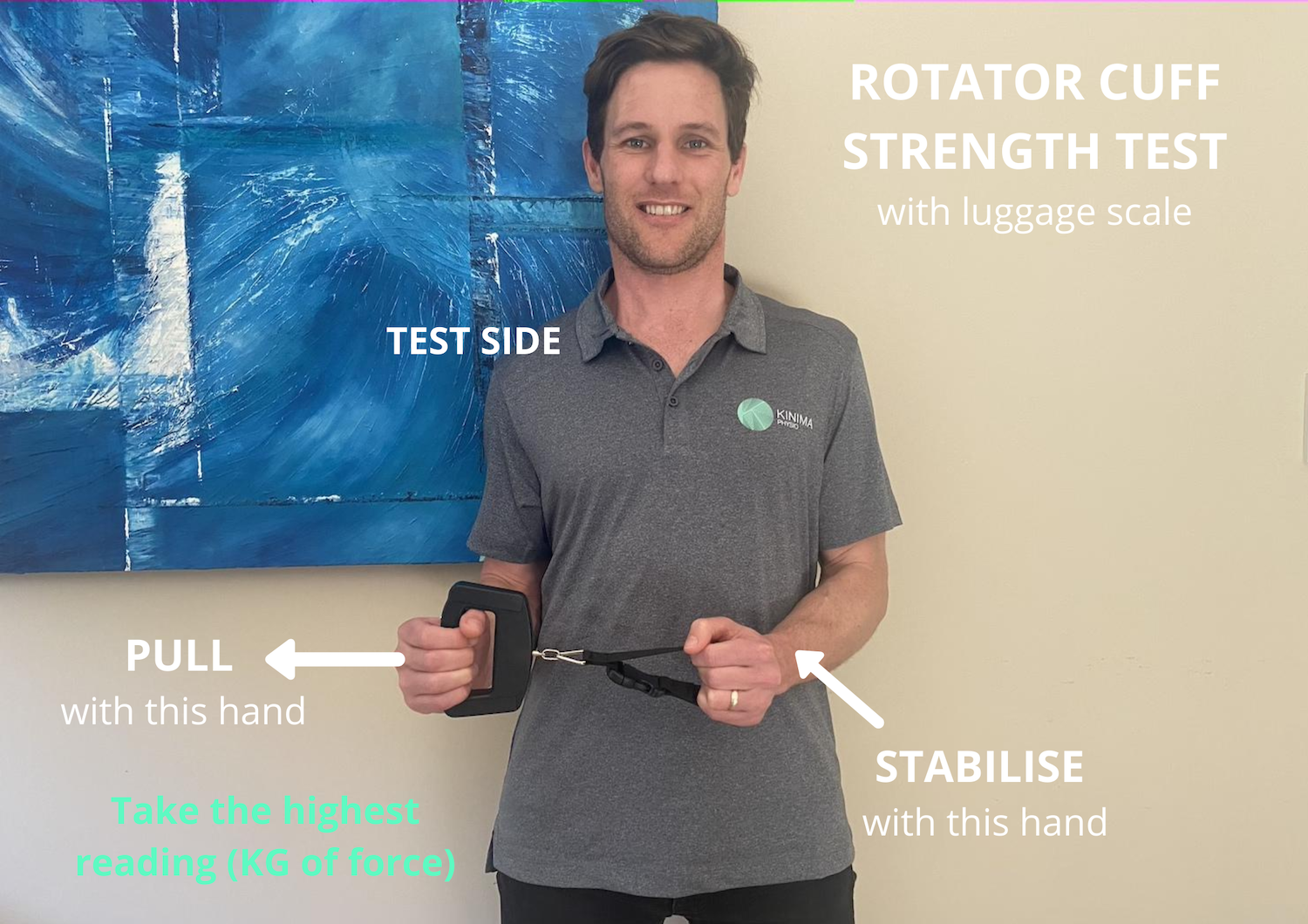The Aches and Pains of Swimmer’s Shoulder Explained
One of the key predictors that someone will experience shoulder pain in their life time is the regular participation in a recreational activity that requires the shoulder to move above 90 degrees.
Swimming falls into this category as it is primarily an overhead repetitive low load endurance activity. Swimming, is a unique overhead activity because of the prone body position and it places completely different demands on the shoulder than high velocity overhead movements such as throwing, hitting, and contact sports.
What is it?
The most common diagnosis for shoulder pain with swimmers is called sub-acromial shoulder pain, also known as rotator cuff related shoulder pain. It covers any shoulder pain that is movement related in nature and is mostly felt at the front or side of the shoulder and sometimes can refer half-way down the outside upper arm.
As a swimmer, you may be able to identify that you have some very early signs of the condition if you feel achey in the above mentioned areas and/or you feel like you have lost some power through your stroke (especially during the ‘catch’ or ‘pull’ phases). We know that people who have developed sub-acromial shoulder pain have an external rotation strength deficit of 33% on average.
What Causes it?
Shoulder pain in swimmers is nearly always a loading, overuse, or technical issue. People with this diagnosis develop pain because their entire system (not just the shoulder) doesn’t have the capacity to tolerate the swimming load in a given time period. Some common swimming causes might include:
Too much training too soon, a sudden spike, or insufficient recovery time in between hard sessions.
Attempting the same swimming load and intensity you were doing after an extended break.
Excessive or increased use of hand paddles or pool buoy creating higher demand on the shoulders.
Trialing a new technique at high loads. Inefficient and compensatory movement patterns.
Poor technique especially when fatigued.
Inadequate cardiovascular fitness.
Maintaining the same training load when unwell or having an extended period of poor sleep or high stress.
Common Myths Causing Swimmer’s Shoulder
Swimmers may have been told by physiotherapists in the past that their shoulder issues are predominantly caused by things like a stiff mid-back, rounded shoulder, tight pecs, and a winging shoulder blade. This school of thought suggested that these things must be corrected, stretched and trained, but there is no evidence that they play a central role in improving shoulder pain in the latest research.
In fact, a recent theory suggests that the classic ‘swimmer’s posture’ is an adaptive one that could improve efficiency. The research continually backs up strength exercises and load management as the cornerstones of improving shoulder outcomes.
Management & Prevention
There is an easy way to identify whether your shoulder rotator cuff & external rotation strength is reducing with increasing load. All you need is a hand-held luggage weight measurement device to compare numbers over time. This can help you predict if you are at risk and you can make some necessary adjustments to your training or system’s load before you succumb to a proper shoulder injury.
Other swimming specific management & prevention strategies include:
Careful consistent and graded increases in swimming load (distance, time, pace).
Enlist the help of a coach to identify training and performance errors that could be contributing to an inefficient stroke (analysis when fresh and under fatigue).
Join a swim squad to improve swimming specific conditioning and aerobic capacity.
Complete an evidence-based graded strength exercise program for the shoulder, rotator cuff, back, scapulo-thoracic, and trunk muscles with a later focus on swimming positions and loads (2-3 x per week for 12 weeks).
Utilise sports massage, mobility, stretching, spiky ball/roller if it helps your recovery and back up training sessions (but not at the expense of strength work).
Want to learn more about up to date shoulder pain management?


